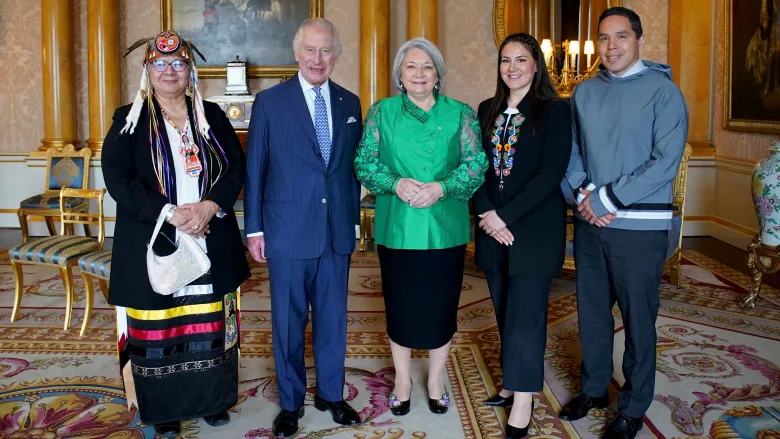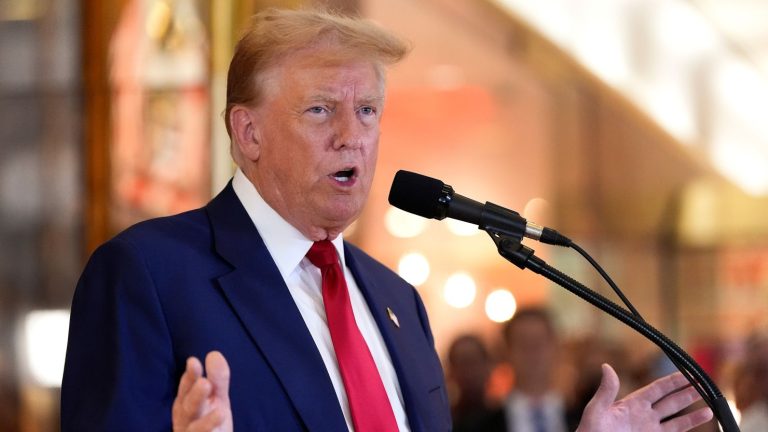
According to national Indigenous leaders, their meeting with King Charles on Thursday, just two days before his coronation, is a landmark event that signals the start of a fresh chapter in the relations between the Crown and Indigenous Peoples.
The meeting was significant because it marked the first time a British monarch has convened with representatives from First Nations, Inuit, and Métis communities collectively. Furthermore, it was the sole audience that the King held with Canadians during the lead-up to his coronation, which is scheduled for Saturday.
Gov. Gen. Mary Simon, the first Indigenous person to hold the position of the King’s representative in Canada, facilitated the meeting at Buckingham Palace and was also present. Afterward, the leaders of the Assembly of First Nations, Métis National Council, and Inuit Tapiriit Kanatami spoke with CBC’s Renee Filippone at Canada House, describing the discussion as “positive” and “productive.” Although the planned time for the meeting was 45 minutes, it continued for almost an hour.
Simon stated that she was unsure if an apology or any subsequent measures would be taken, pointing out that previous official apologies, such as the one made by the Canadian government in 2008 regarding residential schools, took years to develop.
“There is a lot of work that needs to be done and we all recognize that,” Simon said. “But to begin in a positive way and to keep moving forward, I think it’s the important part of it, because that is part of reconciliation.”
After the meeting on Thursday, Indigenous leaders characterized it as “positive” and “productive,” representing a turning point in the relationship between the Crown and Indigenous peoples.
“When speaking with the King today, I mentioned something from one of my elders, who said that relationships are built over 100 cups of tea,” Métis National Council President Cassidy Caron expressed.
“Today, we had our first cup of tea, to build that relationship, to identify our common and shared priorities moving forward, to find ways of working together that will create real, tangible change in our communities.”
